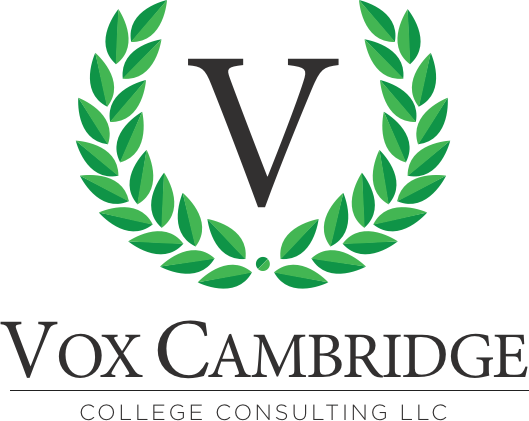SAT Subject Tests
College admissions officers want to get as clear a picture of each candidate as possible. An SAT Subject Test (formerly called an SAT 2) score can be helpful to colleges in seeing the complete picture of your academic background and interests, and a good addition to the set of data that brings you into focus.
If you’re interested in particular programs of study, taking the Subject Tests in those areas may help show colleges that you’re ready for certain majors or courses.
Subject Tests test you on your knowledge of subjects on a high school level. The best way to prepare is to take the relevant courses and work hard in them.
Because these are tests of your knowledge, many students find them less confounding than the regular SAT. Even students who find misery with the regular SATs will be happily surprised at the straight-forward nature of the Subject Tests.
Furthermore, some “test-flexible” schools will accept the SAT Subject test scores in place of the regular SATs.
The SAT Subject Tests that you take should be based on your interests and academic strengths. If you are a strong history student, for instance, you may want to take the U.S. History or the World History Subject Test soon after you complete an honors or AP class in one of those topics, while the material is still fresh in your mind. If you have a college engineering program in mind, take at least one math and one science SAT Subject Test.
Click here for 2019-20 SAT Test, including Subject Tests, Dates and Deadlines.
